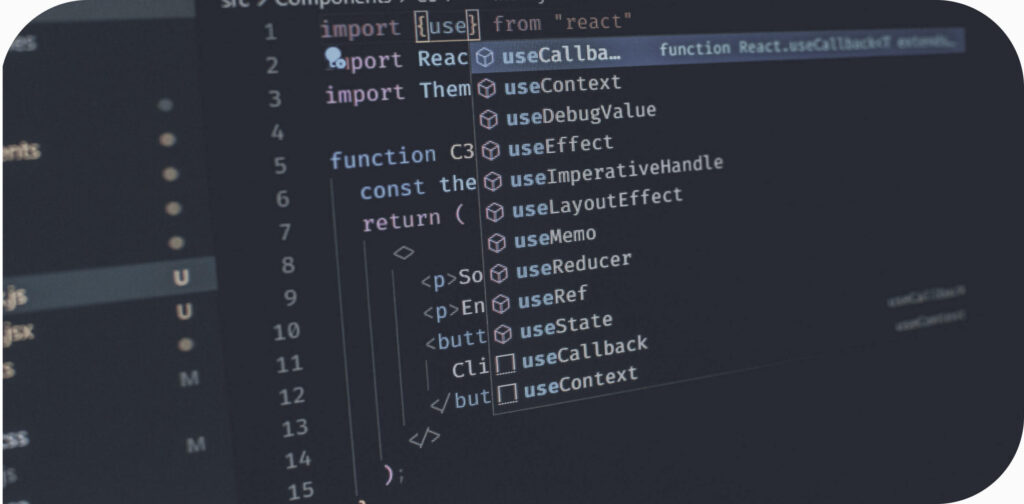Handmade ERP System for a Global Leader in Refractory Solutions
All power of microservices in a Kubernetes cluster

Project background
Overview
A bespoke ERP system for a global leader in refractory solutions and chemicals operates within a complex microservices architecture deployed in a Kubernetes cluster. The client sought to optimize the system’s performance and streamline their development processes. Although the existing setup was functional, the client recognized the need for expert guidance to enhance their infrastructure and ensure long-term scalability. Our role was to assess the current architecture, identify inefficiencies, and provide actionable recommendations to elevate the system’s capabilities. The primary goal was to improve the performance and reliability of the Orion6 ERP system while maintaining its scalability within a Kubernetes environment.
Project goals
- Enhancing the microservices architecture for better resource management.
- Optimizing database performance with PostgreSQL and PL/pgSQL.
- Streamlining CI/CD processes to reduce deployment times.
- Seamless integration with existing tools such as Keycloak, apisix, and Prometheus.
- Webapp
- 4team members
- 1000+hours spent
- Manufacturingdomain
Challenges
- The system’s architecture involved numerous microservices, each with specific dependencies and interactions, making the optimization process challenging.
- Heavy reliance on PostgreSQL, particularly using PL/pgSQL, required deep expertise to ensure that performance improvements did not compromise data integrity or system stability.
- The existing CI/CD processes were partially implemented, requiring significant enhancements to achieve the desired level of automation and efficiency.
- Integrating modern tools with legacy code while ensuring backward compatibility posed a considerable challenge.

Our approach
Solution
We began the project with a thorough analysis of the existing system to identify bottlenecks and areas for improvement. During the architectural review, we restructured the microservices architecture, which optimized resource utilization and enhanced system resilience within the Kubernetes cluster. Simultaneously, we focused on database optimization, leveraging advanced PL/pgSQL features to significantly improve PostgreSQL efficiency and reduce query execution times.
We also placed great emphasis on improving the CI/CD processes by designing and integrating robust pipelines that reduced deployment times and minimized errors. Throughout the process, we maintained close collaboration with the client to ensure that all improvements aligned with their operational goals and scaling plans.
Team
The project was executed by a multidisciplinary team comprising a PM, a tech lead and 2 full stack developers.
Results
The restructured microservices architecture improved the overall stability and fault tolerance of the ERP system. The system is now fully scalable, capable of handling increased loads without compromising performance. Optimizations in PostgreSQL resulted in faster query execution and reduced system load.
P.S. Check also one of our recent projects— developing a Cybersecurity Learning Platform for Individuals and Companies.
Valeriia Bystrova
Experienced IT consultant and lead generation manager. Created dozens of compelling case studies and blog posts related to software development services.
Tools and tech stack
More Projects

- manufacturing
- dotnet
- mobileapp

- retail
- dotnet
- staffaugmentation



